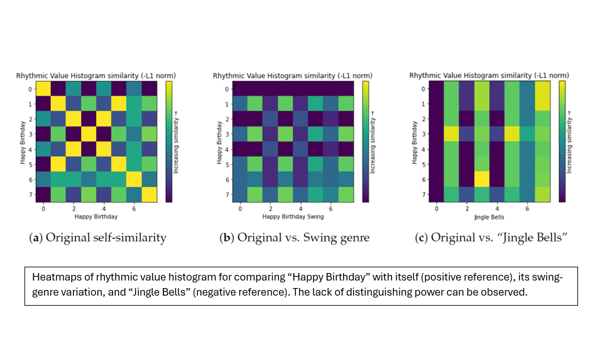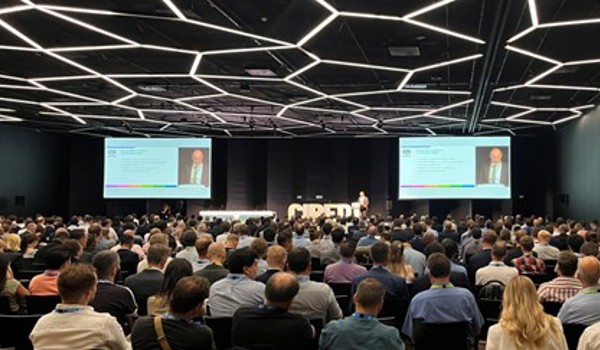12 Aug 2020
Virtual DHOx2020 summer school our biggest ever Digital humanities event
DHOx2020 online event attracts record numbers of participants from around the world
For eight years, we have welcomed students to the Digital Humanities at Oxford Summer School. In the disruption caused around the world by the Covid-19 pandemic, many academic conferences and meetings have been cancelled. But we were determined not to let lockdown or travel restrictions stop the ninth Summer School. If any discipline can be delivered digitally, it should be Digital humanities!
From Monday 13 to Wednesday 15 July 2020, 230 attendees from across the globe dialled into DHOx2020, a virtual summer school for digital humanist scholars and students – and our biggest summer school yet! Three mornings of Zoom-delivered lectures featured speakers from across the Digital humanities, giving participants the opportunity to learn about crowd-sourcing the transcription of manuscripts, building virtual reality models of ancient Rome, and creating digital editions of historic texts.
We wanted to present not just the content of our usual summer school, but also the experience. Each afternoon, speakers from the morning sessions led smaller workshops, allowing attendees to explore in detail the topics that most interested them. We stretched Zoom’s breakout rooms and chat functions, encouraging collaboration and conversation between attendees. We also relied on Oxford’s virtual learning environment, Canvas. This allowed us to easily share content like speaker’s slides, but also acted as a discussion space.
“It was the response of the attendees which we were most impressed by– they chatted with each other and shared useful digital humanities resources”- Co-Director Dr Megan Gooch (Humanities Division and Bodleian Libraries)
It took many fantastic people to make the online format work. The Summer School’s Directors, Convenors and staff all rose to the challenge, but the attendees were the magic ingredient. From sharing useful links in Zoom chat to helping each other out during skills workshop, the attendees put the humanity in the digital humanities.
We discovered that moving to an online-only event had some advantages. The online format (and extra support from our regular sponsors, the Software Sustainability Institute) allowed us to offer the summer school to participants for only £50. The online event attracted an even wider range of participants than previous summer schools, with people from all over the world able to take part. It was inspirational to hear participants from as far afield as Peru, Madagascar, and Thailand. Especially those who got up at 3am local time to attend!
“I literally waited three years and the pandemic made it cost effective for me to attend”- DHOx2020 participant
Summer School director David De Roure said “The Summer School is the focal point of the TORCH Digital humanities Programme, bringing together our amazing collaborators in the Digital Humanities at Oxford network and friends further afield, including The Alan Turing Institute. I’m pleased we were able to deliver this event for the DH community, and hugely grateful to everyone who made it possible.”
Over the coming weeks, we will be able to share videos of the lectures from DHOx2020, giving a permanent online legacy to a unique event. And we hope that you will be able to join us next year as we return for our tenth anniversary Digital Humanities Summer School in 2021 – this time, we hope, in Oxford.
Thank you to the organisations that supported the event
DHOx2020 was supported by The Alan Turing Institute and the Software Sustainability Institute. The Software Sustainability Institute (EPSRC grant reference number EP/S021779/1) cultivates world-class research with software and is based at the universities of Edinburgh, Manchester, Southampton and Oxford.




